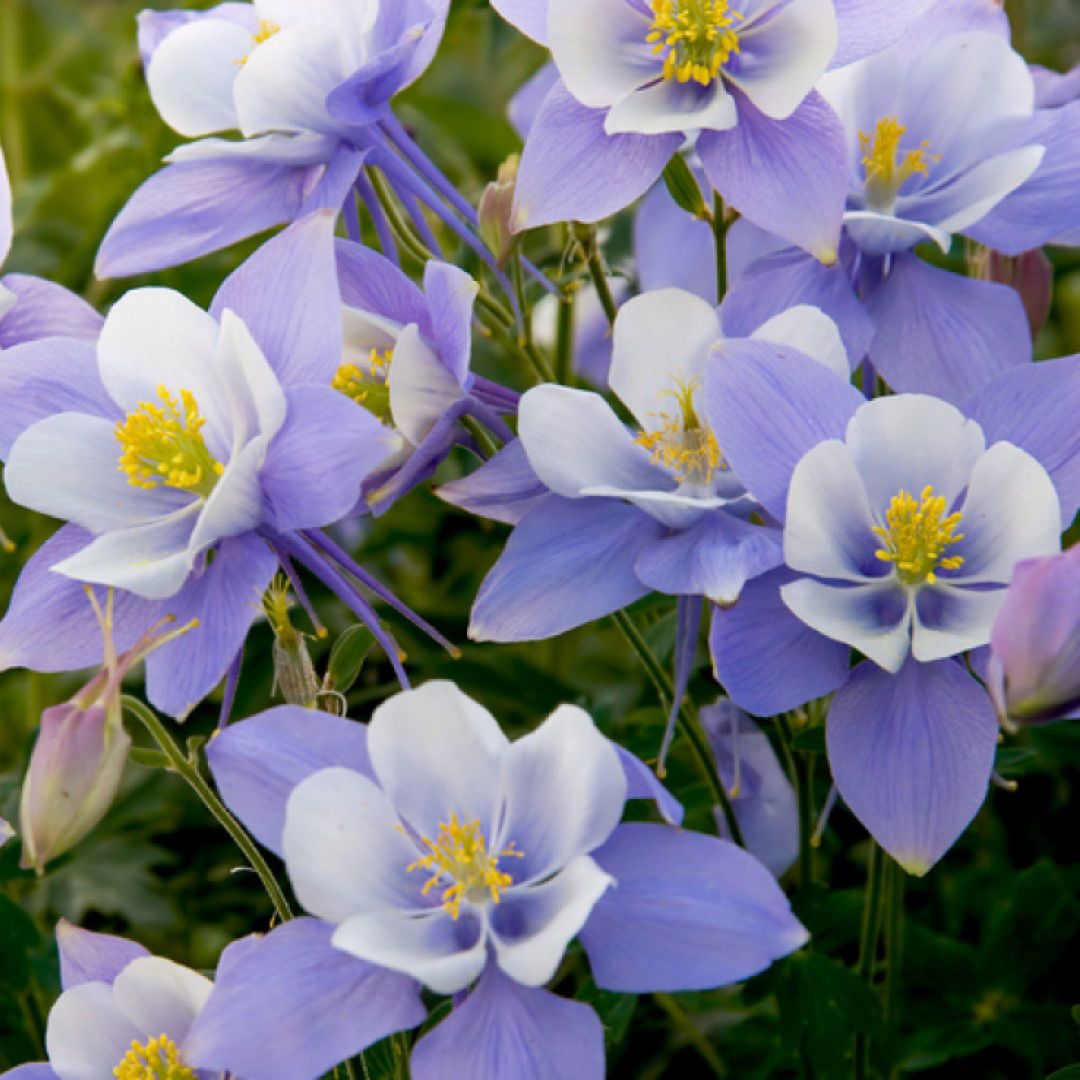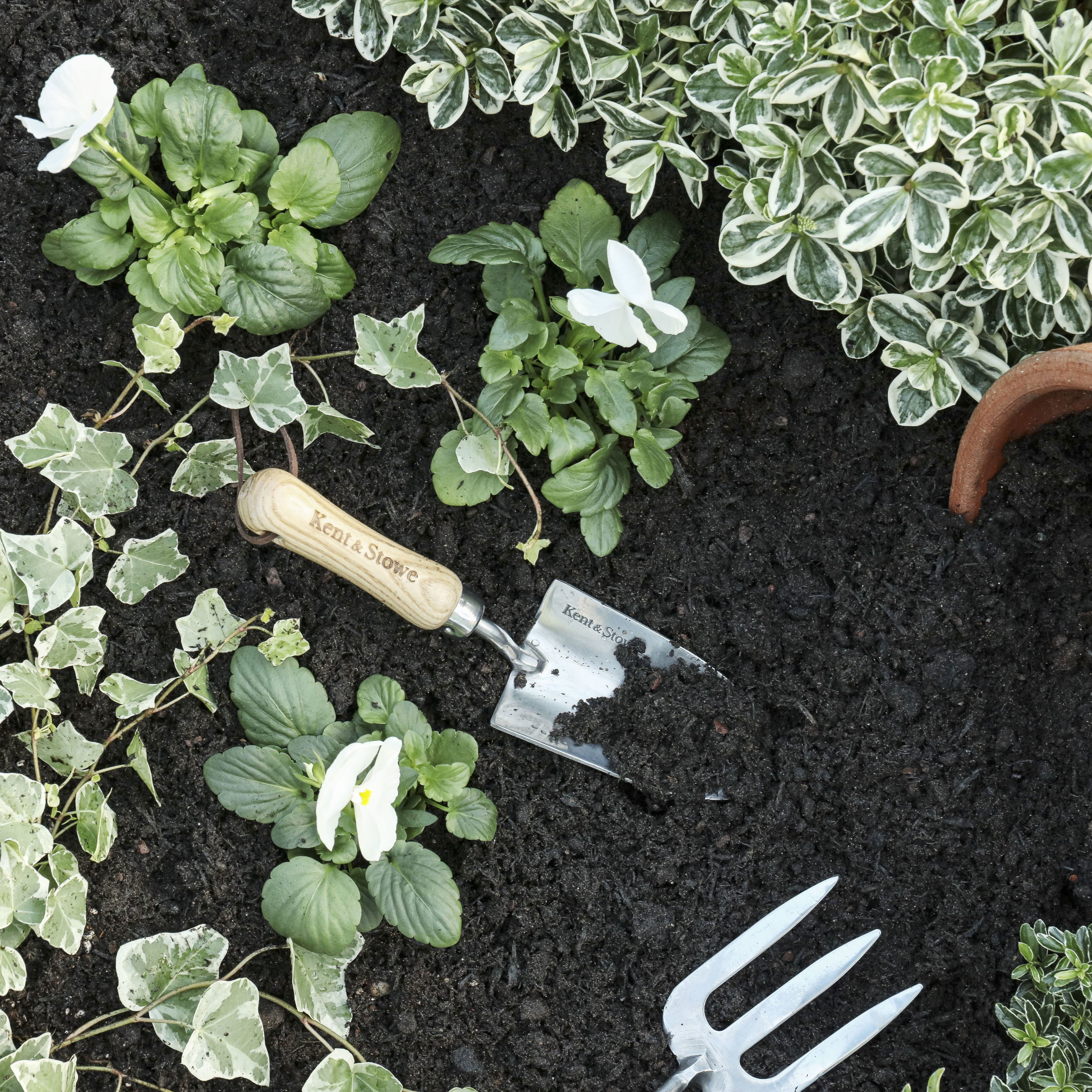
Healthy, happy soil
Gardeners can play their part in creating a more sustainable world through their soil, and natural ways of nourishment are always best. By implementing just a few simple steps you can keep your soil happy and healthy – and your plot, and the planet, will thank you for it.

Follow our five tips to supercharge your soil at home
-
How to make your own compost
Home composting is a free and satisfying way to improve your soil. If it’s sandy, compost will add bulk, and if your soil is heavy with clay, compost will help break it up. Most gardens also can accommodate a compost heap or bin. Make it up with equal parts ‘greens’, such as weeds, grass clippings and vegetable peelings, and ‘browns’, such as paper, card, or twigs. -
Why is peat free compost important
Peat was a traditional ingredient in bags of compost, but now we are all much more aware of the damage that this does to peat habitats. When left in place, peat stores carbon and protects against climate change. We’re doing our bit to preserve peat with a range of new highly effective peat-free composts – aiming to be 90% peat-free this year, and 100% from 2022. Find out more about our Sustainability Policy on our website. -
How to encourage worms in the garden
For soil health, worms are your friends! They eat rotting organic material and provide natural fertiliser. As they burrow, oxygen routes are created, allowing water to reach your plant roots. Mulching with manure or compost or Coco Chip will make your garden attractive to worms. -
Compost manure
Green manure’ are plants that you simply chop down after they’ve grown, leave to wilt and then dig into the soil where they release vital nutrients. Good manure plants include buckwheat, fenugreek, mustard plants, and crimson clover. -
Organic fertiliser
Fertilisers support plants at critical times, such as during the spring when they are bursting into growth or summer when they hopefully blooming or growing at their best. They’re essential in containers where liquid feed is best suited as well as beds and borders when pelleted feeds are easiest to apply.
Top tip: Read the instructions carefully to ensure that you feed the correct amounts at the right intervals.
Shopping list
Here are some products that can be found at your local Dobbies which can support your soil:
- Miracle-Gro performance organics all-purpose plant food, £6.49
- Coco Chip coir mulch 4.5kg, £14.99 (in store)
- Organic chicken manure pellets 2.25kg, £5.99
- Miracle-Gro peat-free range 40L, £6.99 or 2 for £12 (mix and match) (in store)

Proud supporters of #terracarta
We’re proud to support #terracarta from HRH The Prince of Wales’ Sustainable Markets Initiative. The Terra Carta provides a road map to 2030 for businesses to move towards an ambitious and sustainable future.
Find out more about our Sustainability Policy, and listen to our Sustainable Gardening podcast.



